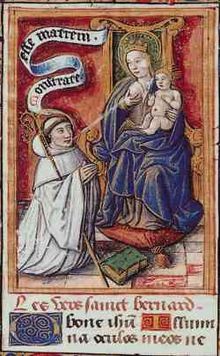 Phillip Campbell joins us for part 2 of our conversation exploring the nitty gritty of the Middle Ages. In this conversation we will discuss lay control of the Church, Episcopal absenteeism, the failure of the two-sword theory; tournaments, jousts, trial by ordeal, whether peasants actually liked the days off as well as relations with Muslims. Join us as we deconstruct overly romanticized notions of our medieval heritage.
Phillip Campbell joins us for part 2 of our conversation exploring the nitty gritty of the Middle Ages. In this conversation we will discuss lay control of the Church, Episcopal absenteeism, the failure of the two-sword theory; tournaments, jousts, trial by ordeal, whether peasants actually liked the days off as well as relations with Muslims. Join us as we deconstruct overly romanticized notions of our medieval heritage.
Episode Notes
Part 1
King Aethelbeht and St. Augustine of Canterbury
Ottonian Privilege (Privilegium Ottonium)
Investiture Controversy
Pope Gregory VII
St. Thomas à Beckett
Criminious Clercks
Location of Beckett’s Martyrdom:
Reference to British Law Documentary at 19:25: The Strange Case of the Law
Commendatory abbots
Compendium of the History of the Cistercian Order
Cluniac Order
St. John Fisher
St. Thomas Aquinas
Analysis of Medieval Tournaments
Church condemned Tournaments
Trial by Ordeal
The Victory of Reason by Rodney Stark
Three field crop rotation
Medieval Civilization by Jaques Le Goff
Cathedral, Forge and Waterwheel
St. Alphonsus on permissible labor on Sundays and Feasts [citation coming]
Fiorietti of St. Francis
Innocent III (Great book, not enough people buy it, I highly recommend it!)
St. Francis of Assisi
Correction: Nicholas of Cusa was not a Franciscan.
Cardinal Ximenes de Cisneros
Franciscan Spiritualists
A Capuchin Chronicle
Islam in the Middle Ages
Islamic goods traded in Europe
Muslim origins of Pasta
Islam under the Crusaders by Robert Burns
The Crusades by Zoe Oldenbourg
Petrobrusian Heresy
Ibn Jubiari and Trade and Cultural Exchange during the Crusades
More works from Phillip Campbell:
The Story of Civilization: Vol. 1; Vol. 2; Vol. 3
Heroes and Heretics of the Reformation
The Book of Non-Contradiction
Cruachan Hill Press













